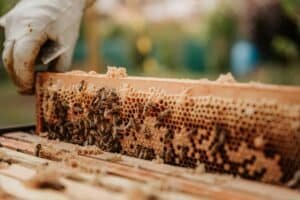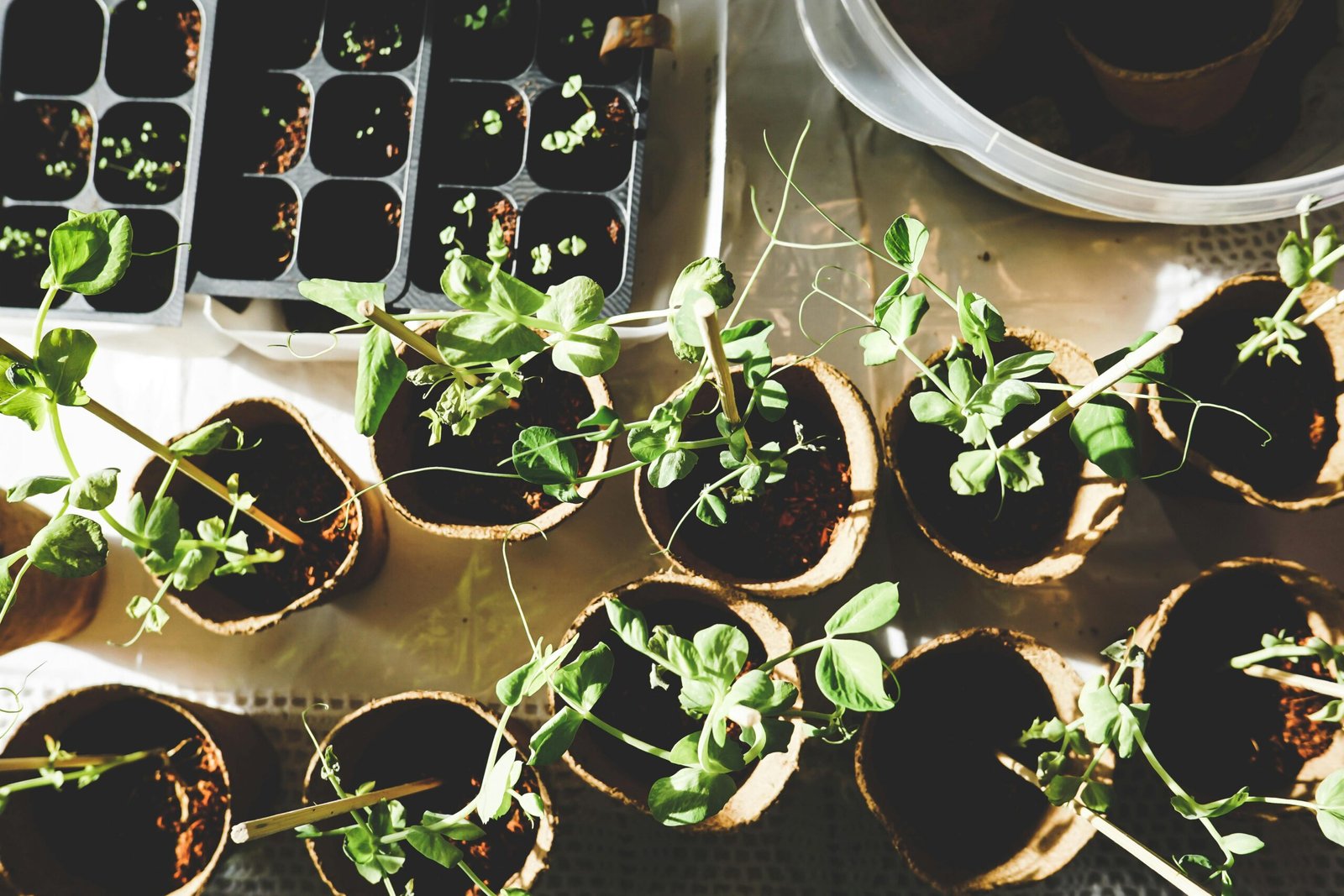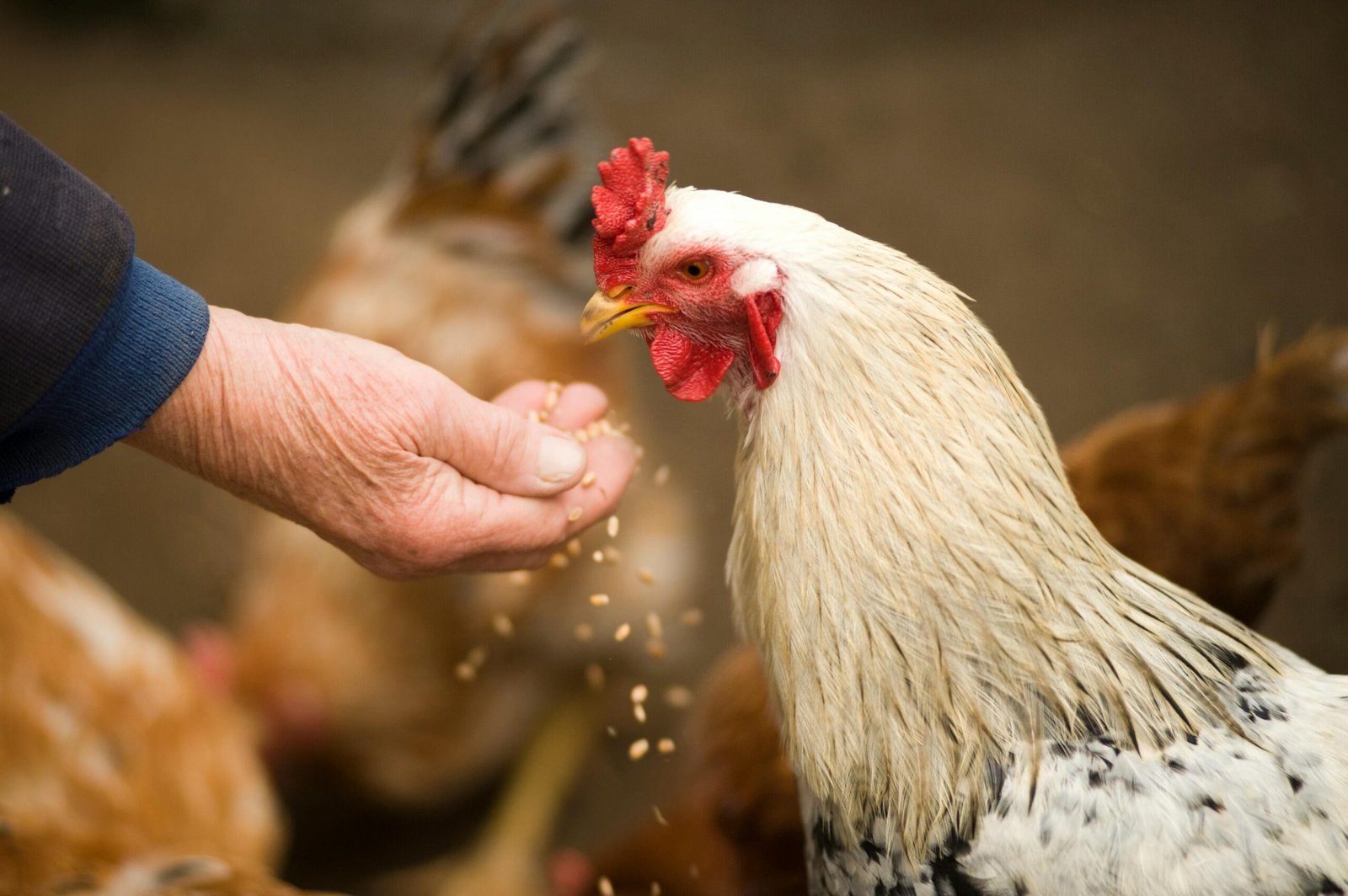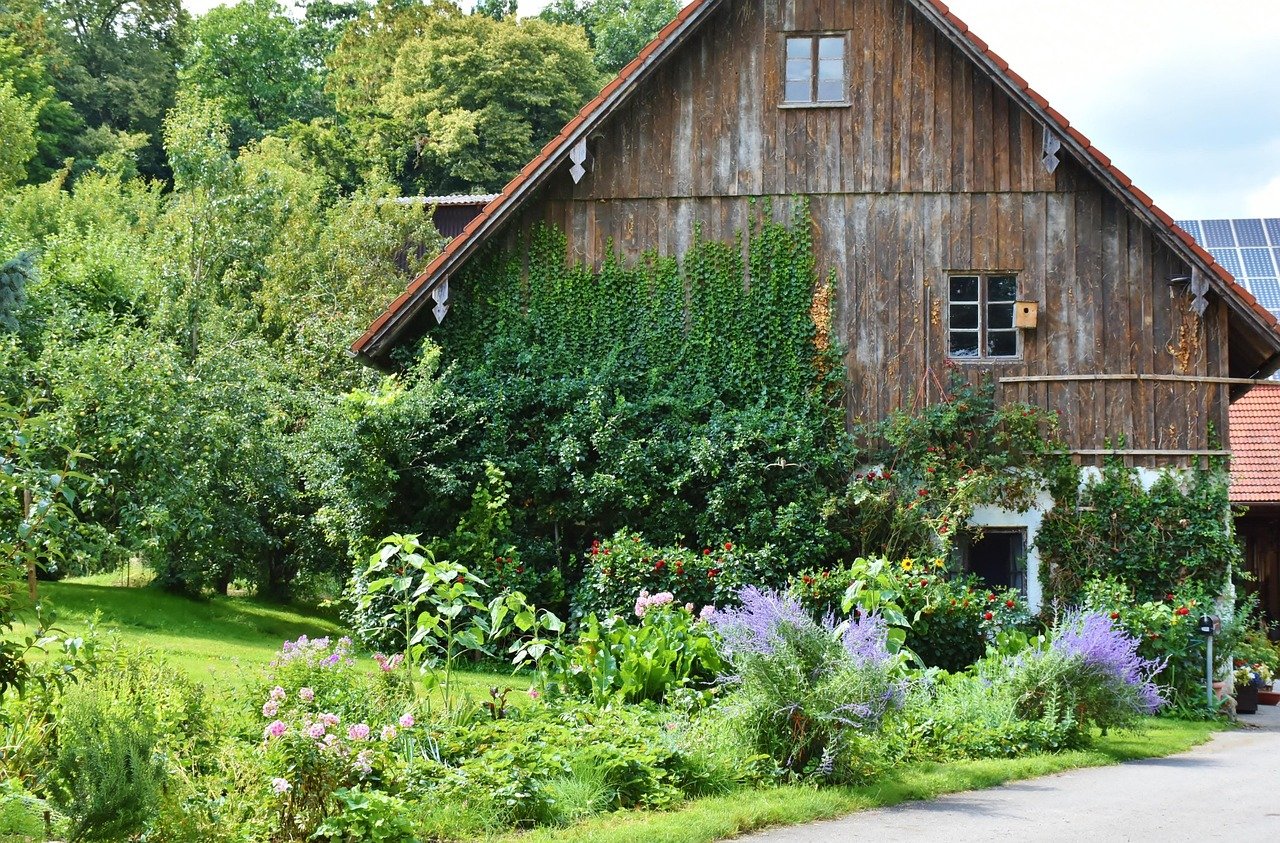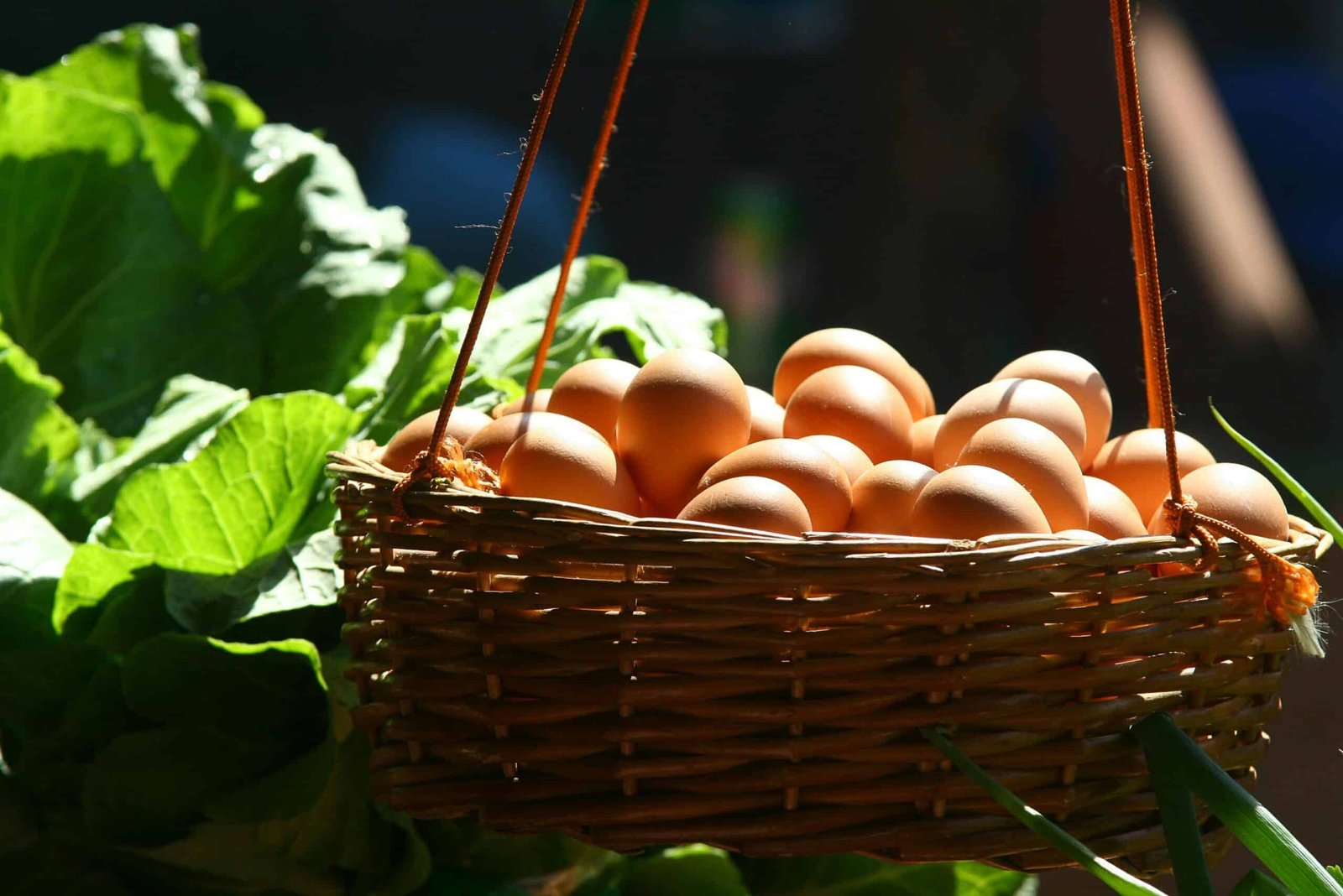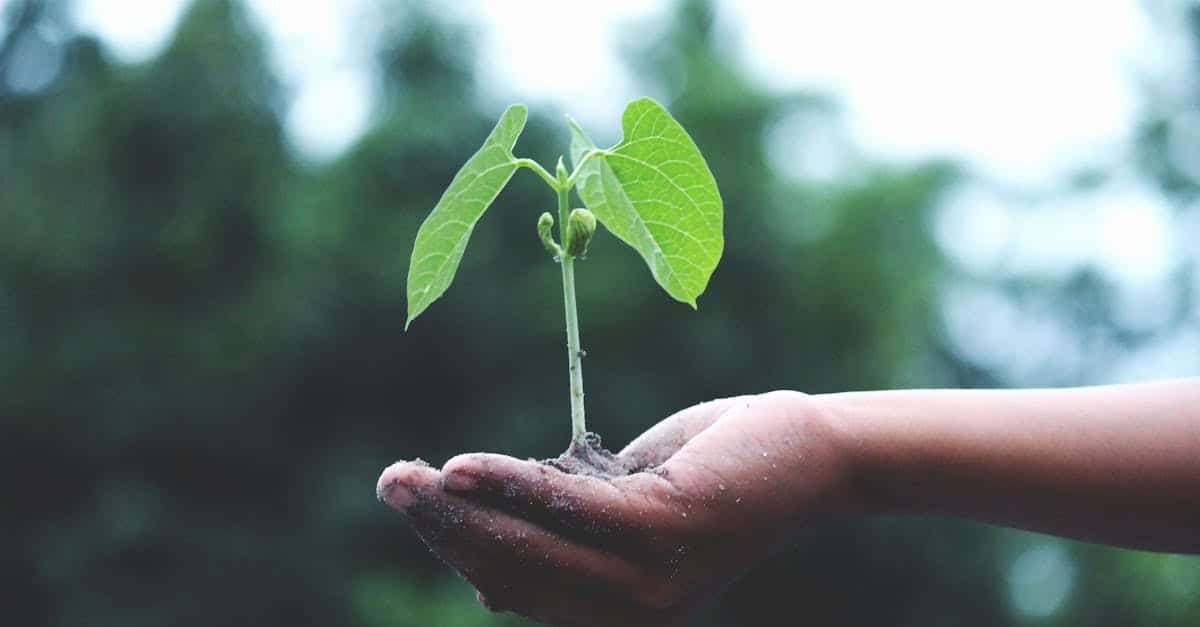Are you tired of breathing in harsh chemicals while cleaning your home? Wondering if there’s a more sustainable approach to keeping your living space sparkling clean? You’re not alone! I’ve spent years researching and testing natural cleaning products, and I’m excited to share everything I’ve discovered about creating a truly non-toxic home environment.
Why Natural Cleaning Products Are Worth the Switch
Conventional cleaning products might get the job done, but at what cost? Natural cleaning alternatives offer powerful cleaning action without the drawbacks of synthetic chemicals. Let’s explore why making the switch is one of the smartest decisions for your home.
Safeguarding Your Family’s Health and Wellbeing
Commercial cleaners often contain a cocktail of potentially harmful ingredients:
- Volatile organic compounds (VOCs) that can trigger respiratory issues
- Harsh allergens that may cause skin irritation and sensitivities
- Endocrine disruptors that could interfere with hormone function
- Chemical irritants that pose particular risks to children, pregnant women, and pets
Did you know indoor air quality can actually be significantly worse than outdoor air? Many conventional cleaning products contribute to this problem by releasing harmful chemicals into your home environment.
Environmental Benefits Beyond Your Doorstep
Natural cleaning products offer impressive eco-credentials:
- Most natural ingredients are completely biodegradable, breaking down harmlessly
- Using reusable containers dramatically reduces plastic waste over time
- No toxic chemicals entering waterways means better protection for aquatic ecosystems
- Smaller carbon footprint compared to manufacturing and shipping commercial products
The Surprising Economic Advantage
Think natural cleaning is expensive? Think again:
- Basic natural cleaning ingredients cost significantly less than specialized commercial cleaners
- A gallon of white vinegar (approximately $3-4) replaces numerous specialty cleaners
- Multi-purpose natural ingredients mean fewer products to purchase overall
- DIY cleaners eliminate the “premium price” of eco-friendly commercial brands
Proven Cleaning Power Through Generations
Natural cleaning isn’t a new trend—it’s a return to time-tested methods:
- Vinegar, baking soda, and other natural substances have been cleaning homes effectively for centuries
- Modern scientific research confirms these ingredients effectively neutralize common bacteria
- Natural cleaners can be customized for different surfaces and cleaning needs
Essential Natural Cleaning Ingredients: Your Complete Toolkit
Ready to stock your natural cleaning arsenal? Here’s everything you need to know about the powerhouse ingredients that will transform your cleaning routine.
White Vinegar: The Versatile Disinfectant Superstar
Properties: Antimicrobial, deodorizing, breaks down grease and mineral deposits
Best Uses:
- Bathroom fixtures and soap scum removal
- Streak-free window and glass cleaning
- Kitchen countertop disinfection
- Drain deodorizing and maintenance
Important Safety Note: Avoid using on natural stone surfaces like granite or marble, as the acidity can damage the finish. Always test on an inconspicuous area first, and dilute appropriately for delicate surfaces.
Baking Soda: The Gentle Abrasive Wonder
Properties: Mild abrasive, natural deodorizer, odor absorber, alkaline cleaner
Best Uses:
- Scouring sinks without scratching
- Removing burnt-on food from cookware
- Freshening carpets and upholstery
- Cleaning grout between tiles
- Neutralizing acidic odors
Castile Soap: Plant-Based Cleaning Powerhouse
Properties: Gentle yet effective, biodegradable, extremely versatile
Best Uses:
- Cutting through kitchen grease
- General surface cleaning throughout the house
- Hand washing and personal care
- Diluting for floor cleaning solutions
Essential Oils: Natural Fragrance with Functional Benefits
Properties: Varying antimicrobial, antifungal, and antiviral properties (depending on oil)
Best Uses:
- Adding pleasant, natural scents to homemade cleaners
- Boosting cleaning power with antimicrobial properties
- Creating customized cleaning blends for different purposes
Pet Safety Alert: Research thoroughly before using essential oils in homes with pets. Many oils that are safe for humans can be toxic to animals, even in small amounts. Particularly avoid tea tree and eucalyptus around pets. Safer options often include highly diluted lavender and chamomile, but always consult your veterinarian first.
Specific Oils and Their Benefits:
- Lemon Essential Oil: Powerful disinfectant with uplifting scent 🍋
- Tea Tree Essential Oil: Strong antibacterial and antifungal properties
- Lavender Essential Oil: Calming fragrance with antibacterial qualities 💜
- Sweet Orange Essential Oil: Excellent degreaser with refreshing aroma 🍊
Hydrogen Peroxide: The Effective Stain Fighter
Properties: Natural disinfectant, bleaching agent, stain remover
Best Uses:
- Toilet bowl cleaning and disinfection
- Grout whitening and mold prevention
- Laundry stain removal and whitening
- Non-toxic disinfection of cutting boards and food prep areas
Storage Tip: Always store in its original dark container, as light and heat degrade its effectiveness. Keep in a cool, dark location for maximum potency.
Supporting Natural Cleaning Ingredients
- Rubbing Alcohol: Excellent disinfectant and glass cleaner
- Fresh Lemons: Natural acid for cutting board cleaning and deodorizing 🍋
- Salt: Effective natural abrasive for tough cleaning jobs 🧂
- Filtered Water: The universal solvent for diluting and mixing cleaners 💧
DIY Natural Cleaning Recipes: Step-by-Step Formulas for Every Room
Now that you understand the powerful ingredients at your disposal, let’s put them to work with these tested and proven cleaning recipes.
Multi-Surface All-Purpose Cleaner
Ingredients:
- 1 cup filtered water
- 1/2 cup white vinegar
- 10-20 drops essential oil (lemon, tea tree, or a custom blend)
Instructions:
- Pour all ingredients into a glass spray bottle
- Shake thoroughly before each use
- Spray on surfaces and wipe clean with a microfiber cloth
Best For: Kitchen counters, appliances, bathroom surfaces, and most hard surfaces
Storage Life: Several months in a labeled spray bottle
Safety Note: Not suitable for granite, marble, or unsealed wood surfaces
Streak-Free Glass and Mirror Cleaner
Ingredients:
- 1/2 cup filtered water
- 1/2 cup white vinegar
- 1/4 cup rubbing alcohol
Instructions:
- Combine all ingredients in a glass spray bottle
- Shake gently to mix
- Spray directly on glass surfaces and wipe with a lint-free cloth or newspaper
Best For: Windows, mirrors, glass shower doors, and glass tabletops
Storage Life: Several months when properly labeled
Deep-Cleaning Bathroom Scrub
Ingredients:
- 1/2 cup baking soda
- 1/4 cup liquid castile soap
- 10 drops tea tree essential oil (optional for antimicrobial boost)
Instructions:
- Mix baking soda and castile soap to create a paste-like consistency
- Add essential oil if desired and mix thoroughly
- Apply to surfaces with a sponge or cloth
- Scrub gently and rinse thoroughly
Best For: Bathtubs, shower tiles, sinks, and porcelain surfaces
Storage Life: Best when made fresh, but can be stored in a sealed container for up to 2 weeks
Powerful Toilet Bowl Cleaner
Ingredients:
- 1/2 cup baking soda
- 1/4 cup white vinegar OR 1/4 cup 3% hydrogen peroxide
Instructions:
- Sprinkle baking soda around the inside of the toilet bowl
- Pour in vinegar or hydrogen peroxide and watch it fizz
- Let sit for 5-10 minutes to break down stains and kill bacteria
- Scrub with a toilet brush and flush
Best For: Deep cleaning and deodorizing toilets
Storage Note: Mix ingredients at time of use for maximum effectiveness
Specialized Floor Cleaners for Different Surfaces
Natural Hardwood Floor Cleaner
Ingredients:
- 1 gallon warm water
- 1/4 cup liquid castile soap
- 5-10 drops essential oil (optional)
Tile & Laminate Floor Cleaner
Ingredients:
- 1 gallon warm water
- 1/2 cup white vinegar
- 10 drops lemon essential oil (optional)
Instructions:
- Combine ingredients in a bucket
- Dampen mop (not soaking wet) and clean floors
- For hardwood, follow with a dry mop to prevent water damage
Best For: Regular maintenance of various flooring types
Usage Note: Always test in an inconspicuous area first, particularly with hardwood floors
Homemade Dish Soap Formula
Ingredients:
- 1 1/2 cups hot water
- 1/4 cup grated castile soap bar
- 1 tablespoon washing soda
- 1/4 cup liquid castile soap
- 10-15 drops essential oil (lemon works well)
- 1 tsp vegetable glycerin (optional for thickness)
Instructions:
- Heat water to near boiling
- Add grated castile soap and washing soda, stirring until completely dissolved
- Allow to cool slightly before adding liquid castile soap and essential oils
- Add vegetable glycerin if desired for a thicker consistency
- Stir gently, then let cool completely before transferring to a pump dispenser
Best For: Handwashing dishes while avoiding synthetic detergents
Storage Life: 1-2 months in a sealed container
Professional Tips for Natural Cleaning Success
After years of experimenting with natural cleaning methods, I’ve discovered some game-changing strategies that will help you get professional-level results.
Safety and Organization Tips
- Label Everything Clearly: Mark all homemade cleaning solutions with ingredients, date made, and intended use
- Use Child-Safe Containers: Opt for containers with safety caps if you have young children
- Color-Code Your Cleaning Arsenal: Use different colored spray bottles for different cleaners to prevent mix-ups
- Store Properly: Keep solutions out of direct sunlight and extreme temperatures
Surface Testing and Customization
- Always Test First: Before using any new cleaning solution on a surface, test in a small, inconspicuous area
- Customize Your Scents: Experiment with different essential oil combinations to find your favorite cleaning fragrances
- Adjust Concentrations: Increase or decrease ingredient ratios to match your specific cleaning needs and preferences
Implementation Strategies
- Start with One Replacement: Begin by replacing a single commercial cleaner rather than overhauling everything at once
- Batch Preparation: Set aside time monthly to prepare several cleaning solutions at once
- Reuse Containers: Clean and repurpose spray bottles from store-bought products instead of buying new ones
- Proper Disposal: Contact your local waste management facility for guidelines on safely disposing of old commercial cleaners
Embracing a Truly Natural Clean Home
Congratulations! You’re now equipped with everything you need to transform your cleaning routine into one that’s healthier for your family, gentler on the planet, and friendlier to your budget. The natural cleaning journey isn’t just about swapping products—it’s about creating a more mindful relationship with your living space.
I encourage you to start small: pick just one recipe from this guide to try this week. Notice how it performs, how your space feels afterward, and most importantly, how you feel knowing you’re creating a truly healthier environment.
Remember that transitioning to natural cleaning is a process, not an overnight transformation. Each small change compounds into significant benefits for your home ecosystem. By taking these steps, you’re joining a growing community of people who understand that “clean” should never come at the cost of health or environmental wellbeing.
What natural cleaning recipe will you try first? I’d love to hear about your experiences making the switch!




